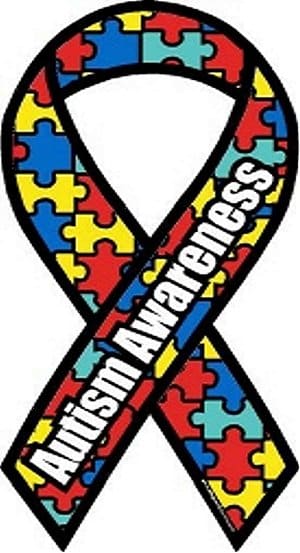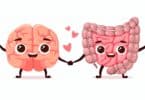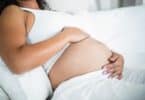Recent studies had indicated that genetic mutations were partly responsible for autism – a condition that causes behavioral and social problems in those affected. However, the actual cause of autism has yet to be found. While the previous study indicated that genetic mutation creates a probability of autism, it is not definite.
According to Dr. Gary Goldstein of the Kennedy Krieger Institute in Baltimore, “We’ve identified lots of vulnerability genes, but not everybody that has them gets autism.” As a result, researchers have continued to search for other probable factors in autism. This was the goal of a recent study that examined environmental factors while the child is in utero.
For the study, which was published on July 4th in the Archives of General Psychiatry, researchers looked at the health records of 192 pairs of twins in which at least one of the twins was affected by autism.
After closely examining the children, scientists found that 77 percent of male identical females and 50 percent of identical female twins both had autism. This, of course, was pretty understandable, considering the fact that identical twins share the same genetic information.
It was the number of fraternal twins in which both twins were affected by autism that caught the scientists by surprise. According to the results, 31 percent of males and 36 percent of female pairs were found to have autism. The reason for the alarm is that, while identical twins have the exact same genetic code, fraternal twins do not. They are just as different as two separate siblings born at different times – except for the fact that they share the same womb.
This evidence is what sparked the thought that environment while in utero may be a big factor in the likelihood of autism. According to Dr. Joachim Hallmayer, the author of the study and an associate professor of psychiatry and behavioral science at Stanford University, “The environmental influence is stronger than I thought. It doesn’t mean that genes don’t play a role, but they may not play as big a role as thought.”
Another professor that was not involved in the actual study, Dr. Jon Constantino at the Washington University School of Medicine in St. Louis, said the research is a “key finding that puts the spotlight on pregnancy as a time when environmental factors might exert their effects.”
Of course, there has long been an emphasis on pregnancy health and emotional well-being. Autism is another factor that must now be considered when recognizing the potential adverse effects that can occur from issues like stress, depression, and even possibly medication being taken during the time of pregnancy.
A previous study indicated that some antidepressants may also contribute to the likelihood of autism. When researchers looked at women that had taken antidepressants within a year of pregnancy, particularly the first three months they found that 6.7 percent of the women taking antidepressants had children with autism while only 3.3 percent of women had children with autism when not taking antidepressants.
This, however, has not yet led to the advisement that expectant mothers should stop taking their antidepressants. According to researchers, it is still too early to determine if this would be more beneficial than the potential issues that could occur from stopping the medication. According to Dr. Lisa Croen, the director of the Autism Research Program at Kaiser Permanente in California, untreated depression can be harmful to both mother and baby.
The best approach might be for mothers to simply talk to their doctors about their risks. While some mothers with mild depression might be able to successfully stop antidepressants to reduce potential side effects in their infants, there are other mothers that may not be able to effectively function if taken off of their medication. Only time will tell for sure, however, which approach is best for both mother and infant.
Related Articles:







